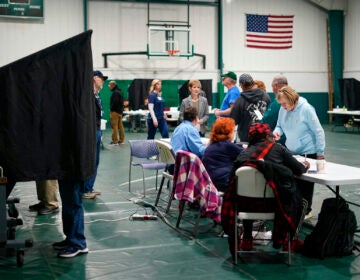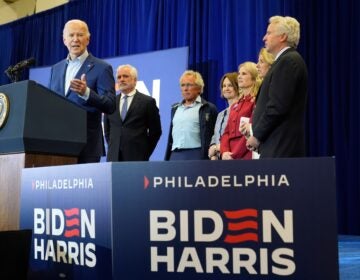Obama takes on Republican obstruction with recess appointments
On January 4, 2012, President Obama exercised his constitutional power under Article II, Section 2 of the U.S. Constitution to make four recess appointments without Senate confirmation, even though the Senate contends that it is not in recess so that the appointments are not authorized by the Constitution without Senate confirmation.
The nominations of Richard Cordray as Director of the new Consumer Financial Protection Bureau, and to fill three vacancies on the National Labor Relations Board, had been pending before the U.S. Senate for confirmation, but had not received a vote. Partisan gridlock in the Senate made an up-or-down vote on those nominations unlikely.
During its January recess, the Senate by unanimous consent has been conducting pro-forma sessions lasting only a few minutes every three days conducted by a single senator at which no business is conducted. These pro-forma sessions have been deemed required by Article I, Section 5 of the Constitution which says neither house of Congress can adjourn for more than three days during its session without consent of the other house.
In the current session twenty Republican Senators and eighty Republican Representatives requested that House Speaker John Boehner refuse such consent “to prevent any and all recess appointments by preventing the Senate from officially recessing,” and the Speaker has done as they requested and refused to allow the Senate to adjourn for more than three days. Republicans have denounced the President’s January 4 recess appointments as unconstitutional.
But President Obama has just released a 23-page memo supporting the legality of his recess appointments. The memo asks and answers two legal questions. First, does the President have authority to make recess appointments during a mid-session recess of 20 days such as that scheduled for January, 2012? Second, if the President has such power, is it impaired by the pro-forma Senate sessions every three days at which no business is to be conducted?
The memo gives three reasons why the President has such recess appointment power during mid-session recess of the Senate, and that such power is not impaired by pro-forma sessions. First, the memo assembles and cites all the historical precedent demonstrating such presidential power has been exercised by other Presidents, although the Supreme Court has never definitively addressed this issue.
Second, the memo argues that the policy underlying the recess appointment power is to keep the government functioning and adequately staffed when the Senate is not in session to advise and consent on appointments. Recognizing pro-forma Senate sessions when the Senate is not really available to advise and consent on nominations would frustrate that policy.
Finally, the memo argues that constitutional separation of powers prohibits the Senate from undermining the President’s recess appointment power through the completely artificial device of periodic pro-forma sessions.
I think the memo is persuasive and that the President’s recess appointments will be sustained by the courts in the likely event of a legal challenge.
The memo was written by Assistant Attorney General Virginia A. Seitz, who is a Delaware native and 1974 graduate of the Tower Hill School in Wilmington, where she played field hockey and was known as “Muffy,” before going on to win a Rhodes Scholarship among other academic honors.
WHYY is your source for fact-based, in-depth journalism and information. As a nonprofit organization, we rely on financial support from readers like you. Please give today.




